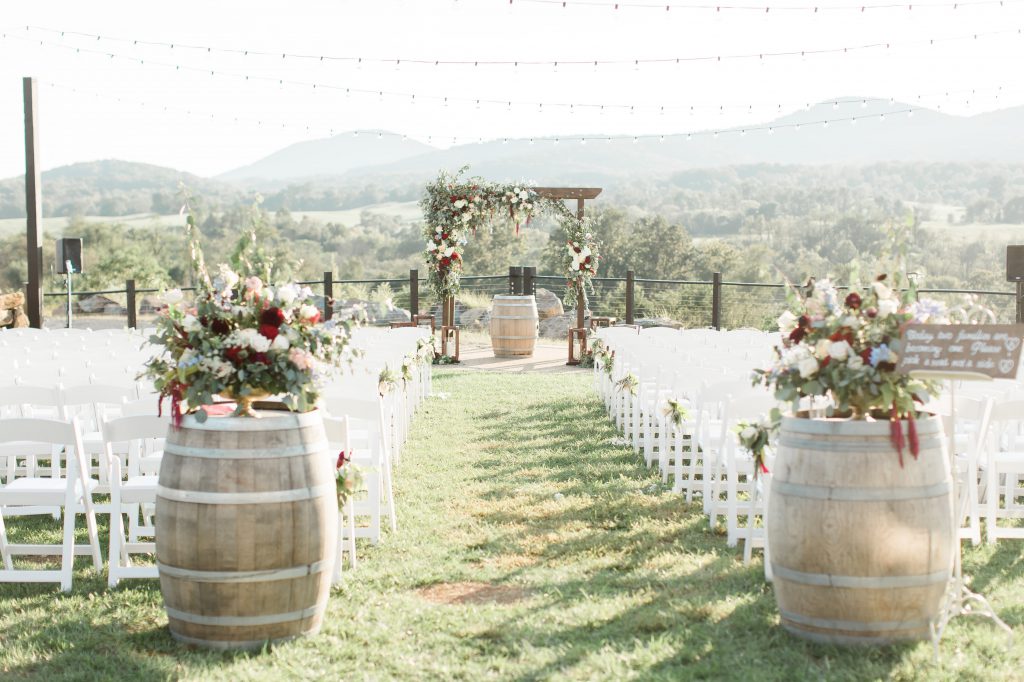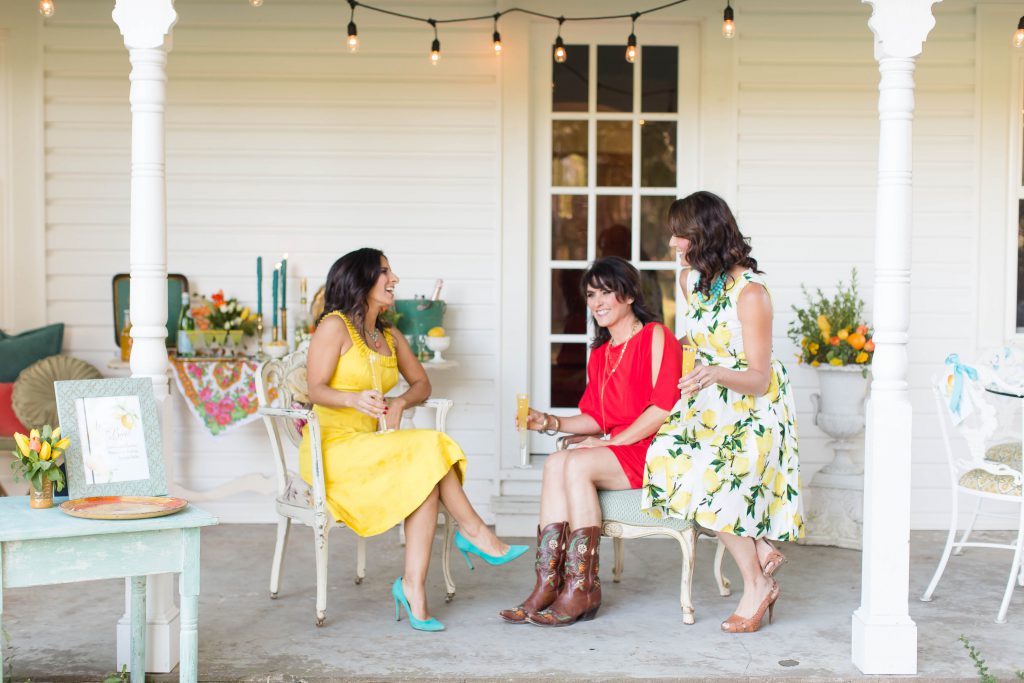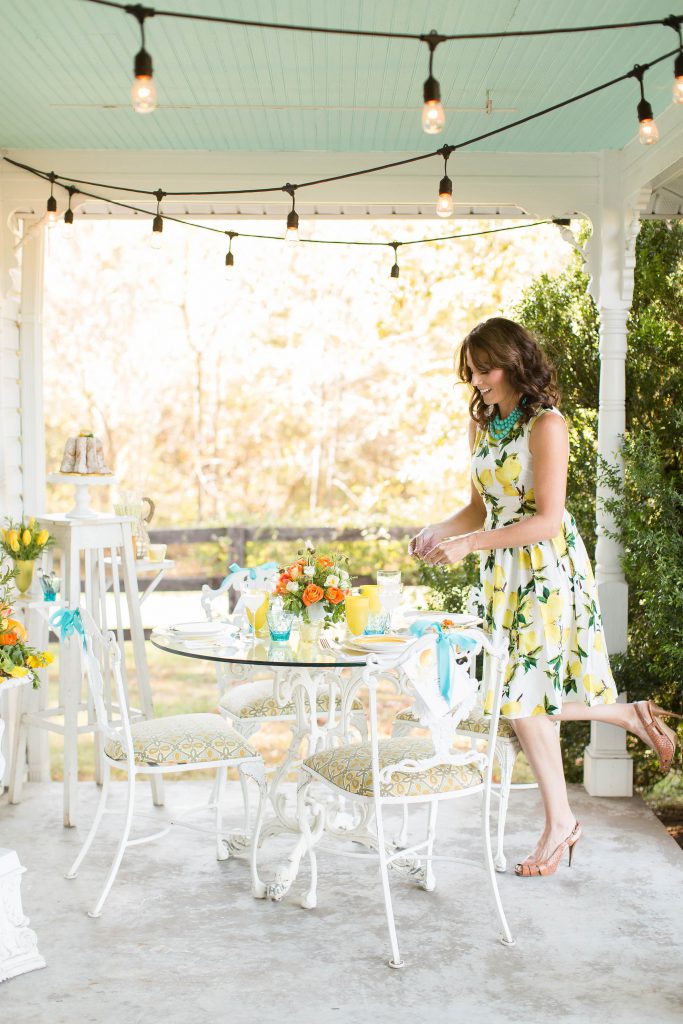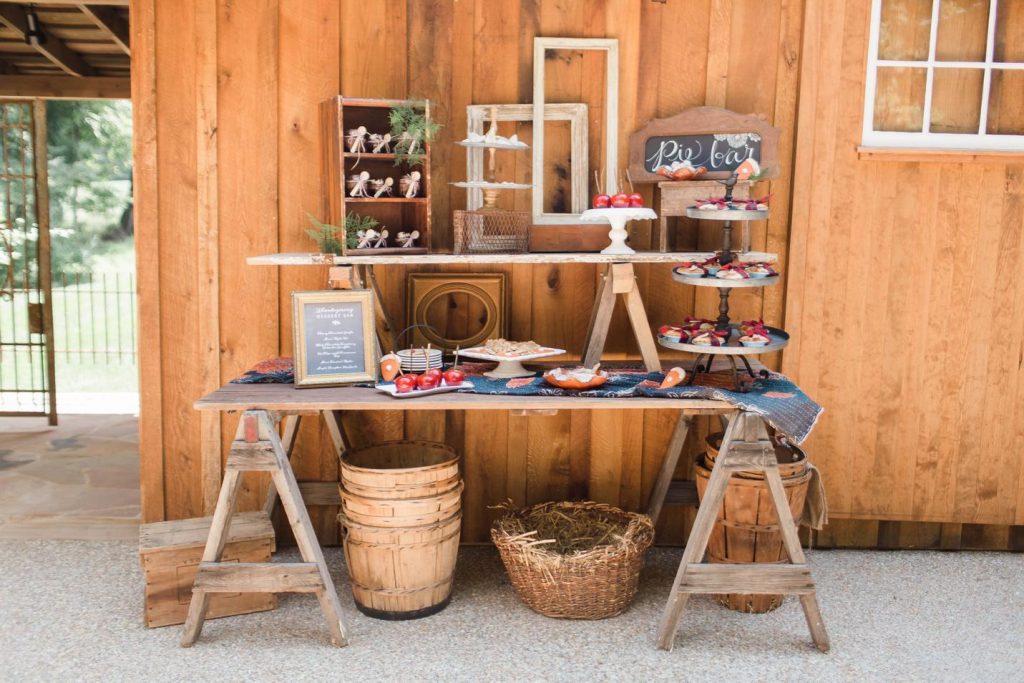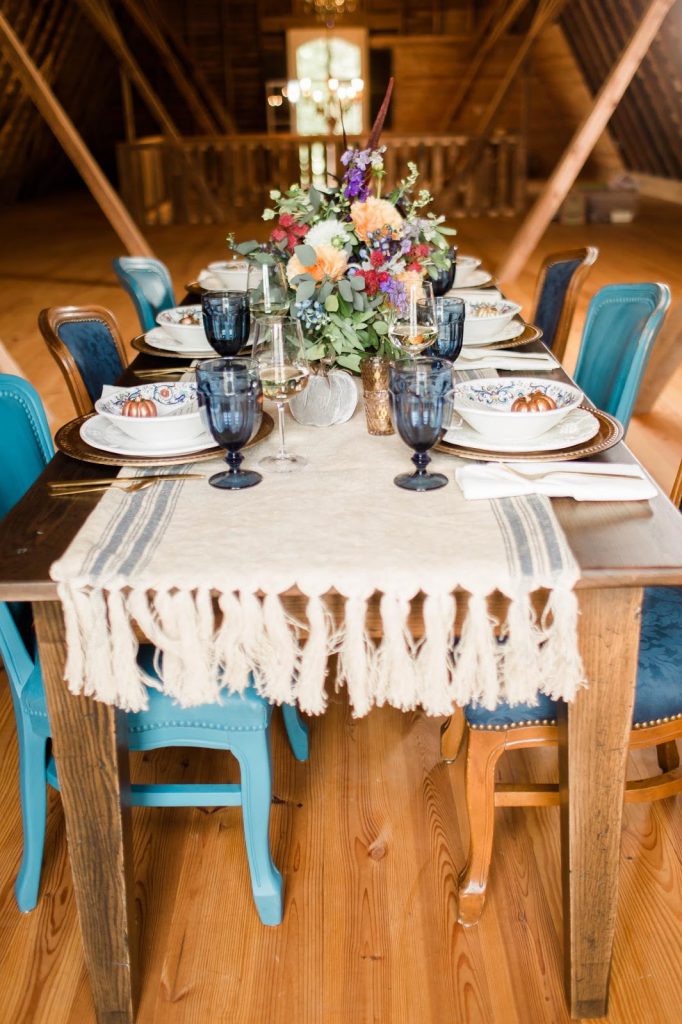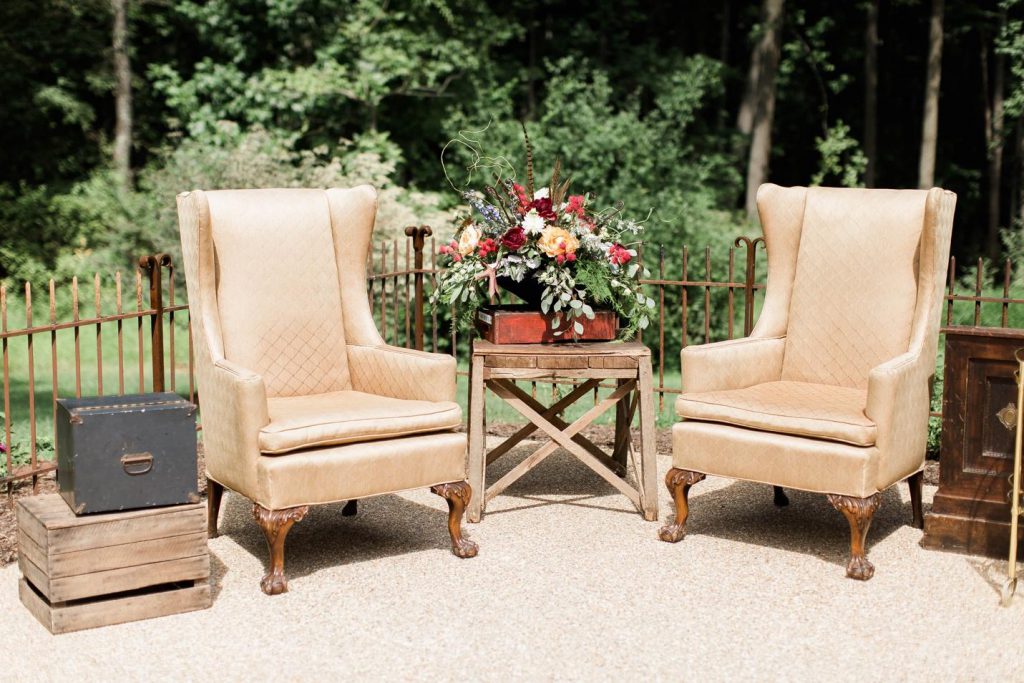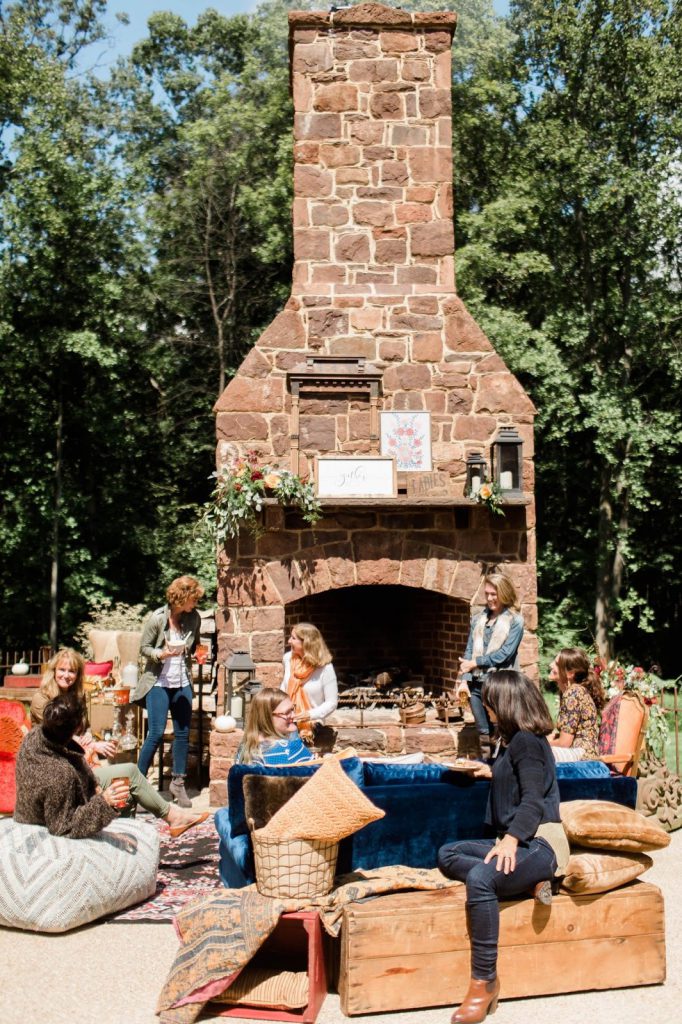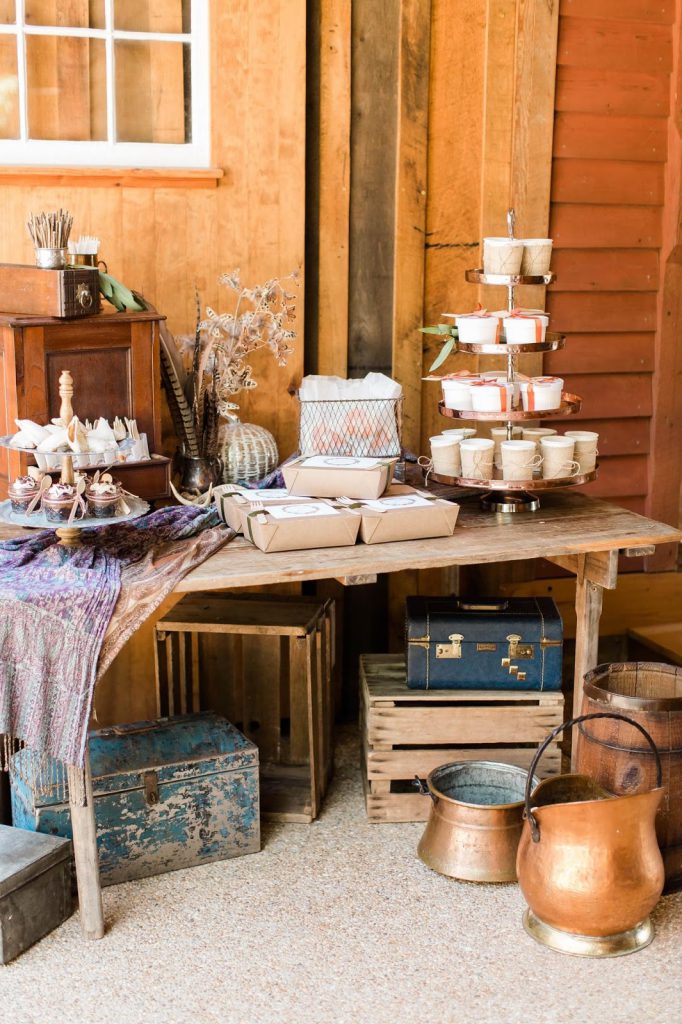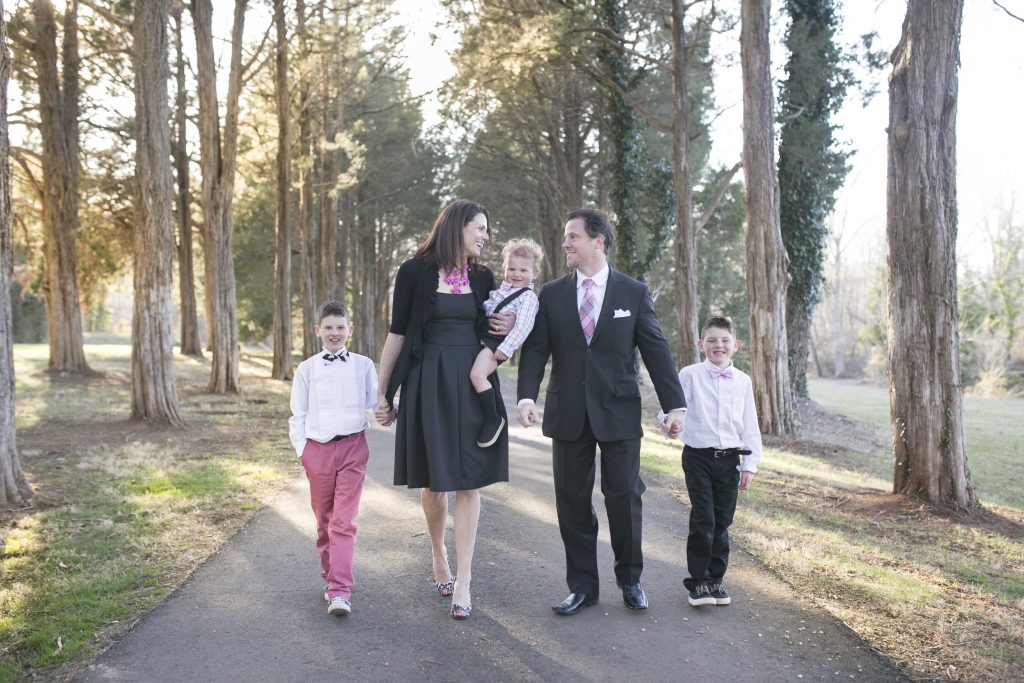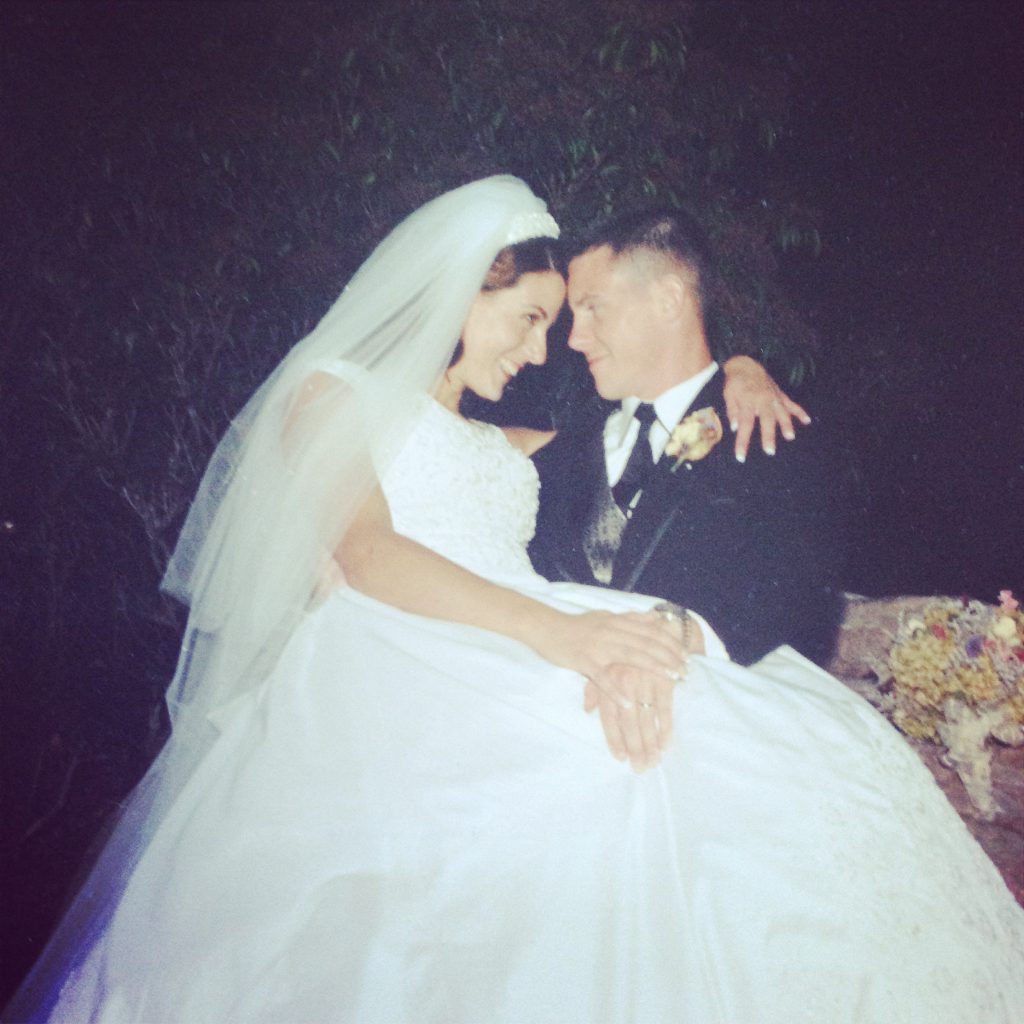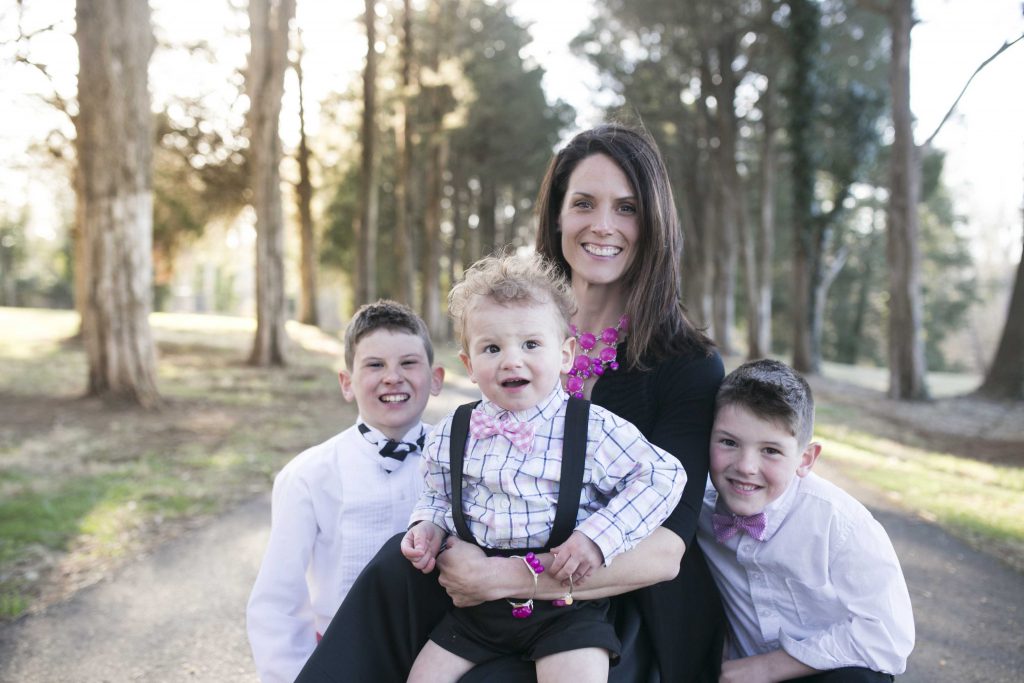By: Terry Kaye
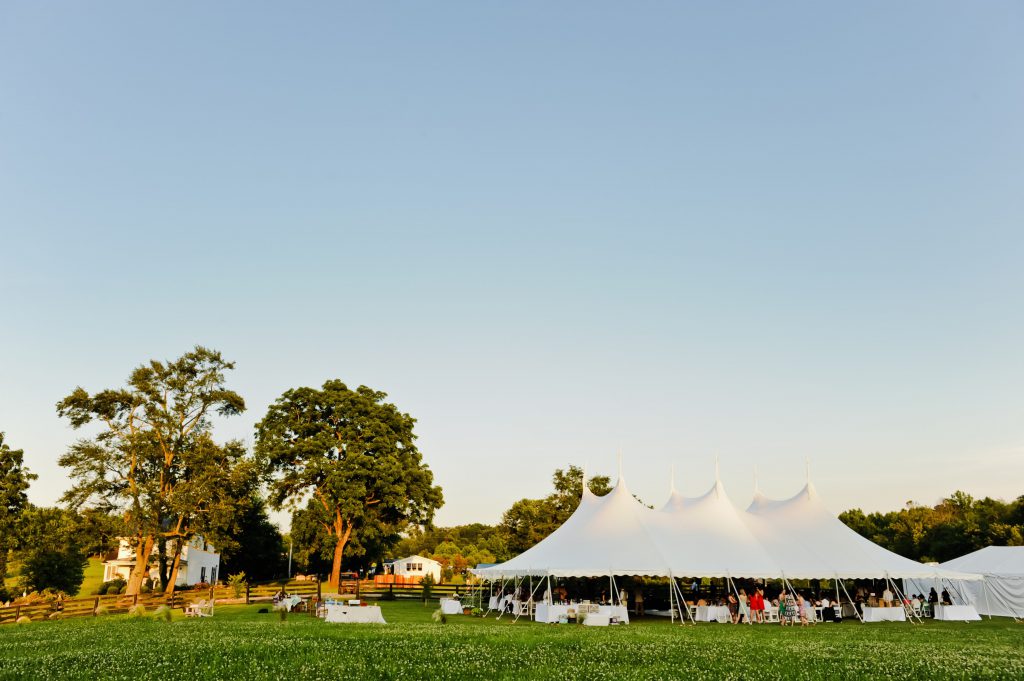
Dreaming of a DIY backyard wedding? I don’t blame you. They come across as casual, effortless and less expensive than a reception in a marble ballroom. The truth is they’re a huge undertaking and the costs involved add up fast. Here are five things you should know before embarking on your own tented affair:
1) Tent weddings are not cheaper
I often have couples come to me and say, “That venue wanted $6,000.00 just to rent the space and I can get a tent for $3,000.00.” They are 100% correct. Tents are cheaper than most venues. The catch is that you need more than just a tent to host a wedding and every a la carte item adds up. Tented receptions require heaters, AC units, lighting (for your tent and parking area), generators, bathrooms, a dance floor, staging (for the ground especially if it’s not level), a kitchen tent, a back-up weather tent (for the ceremony), to name a few. This is just your rental list; there are many items beyond rentals that will also impact your budget. Tented receptions can provide the aesthetic you’re after, but if your main reason for wanting one is to save money, you might want to reconsider.
2) Hire a planner with tent experience
Tented weddings are a big task so I always suggest hiring a professional with prior tent experience before signing any rental agreements. Managing rentals is a full-time job and you may need to work with multiple rental vendors just to fill all your needs. If you choose not to utilize a planner, you alone will be responsible for managing your entire rental order. In addition, most planners receive rental discounts which, when doing a tent installation, can save a lot of money. And even if your planner doesn’t have an industry discount, the amount of time he or she saves you will be worth a small fortune.
3) Inclement Weather Plan
When organizing a tented affair, you have to plan for the worst possible weather-related scenario. This means you will need to add tent walls, marquees and possibly even additional tents to cover your ceremony and cocktail locations. Many rental companies will allow you to hold these tents on a separate order and will only charge you a percentage of their cost if you don’t end up using them.
4) Power, Potties and Parking
If you’re setting your event in a back field, power and water are a luxury but both are absolutely essential. You will need to rent a generator, distribution boxes and a water tank to ensure you meet your vendor’s requirements. Even if your property has a power source close to the tent, I still recommend renting a back-up generator for those just-in-case moments.
You will also need to make arrangements for porta-potties or (my personal preference) a luxury bathroom trailer. Bathroom trailers require power as well as a water source within 25-feet of their location. If you do not have access to a water source, you can pay to have them pre-filled. Consider where you are placing your potties prior to the event date and make sure someone is on-site to meet the delivery.
Parking is an important aspect of any event. Whether you have guests rushing in to make the ceremony or heading home after a fabulous time, easy parking can leave a lasting impression. Mapping out your parking area is key. I use wooden stakes and survey tape to mark the perimeter of the parking area. I also believe in hiring parking attendants to help line up cars and assist arriving and departing guests. Finally, if your event is taking place at night, don’t forget to add a light tower to your rental order so guests can find their cars and navigate the terrain.
5) Liability Insurance, Permits and Noise Ordinances
When planning events for my clients, especially when it’s on their private property, I always recommend additional liability coverage. Make sure you are fully covered so you can enjoy your event with peace of mind.
Private events and tents require certain permits that you will need to pay and apply for per county. Each state/county is different so I suggest doing your research first to ensure you apply for everything that’s required.
I also recommend researching your county’s noise ordinance policy (something you should take very seriously). Noisy events draw a lot of unwanted attention, including the police. The last thing you want is to have your event shut down early because you didn’t know your town’s noise ordinance. Figure that information into your timeline so you can arrange your day and end at the appropriate hour without worry.
These tips should help ensure your DIY tented event turns out to be just as wonderful as you’ve envisioned it would be. The less day-of details you have to worry, the more you will be able to relax and enjoy your day as much as your guests will. Happy planning!
